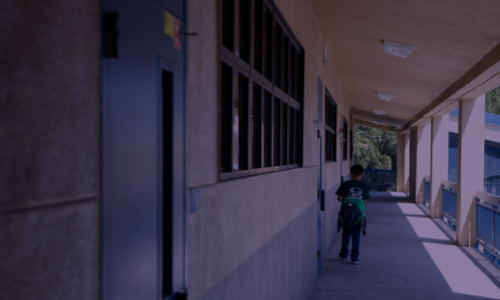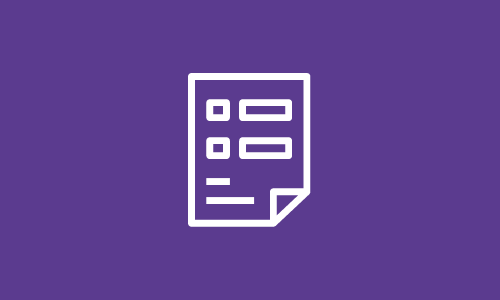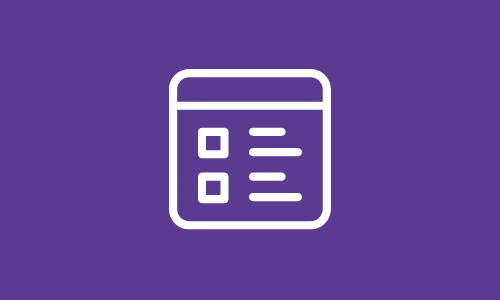

COVID-19 school closures will likely affect student academic achievement. Research on summer learning loss offers insights to help plan for and address some potential impacts of this extended pause when students return to school.
By: Megan Kuhfeld, Beth Tarasawa
Topics: COVID-19 & schools, Equity, Seasonal learning patterns & summer loss


This technical appendix outlines the methodology behind the projections in the NWEA research white paper, The COVID-19 slide: What summer learning loss can tell us about the potential impact of school closures on student academic achievement.
By: Megan Kuhfeld, Beth Tarasawa
Topics: COVID-19 & schools, Equity, Seasonal learning patterns & summer loss


Academically speaking, the COVID Slide could be a lot worse than you think
Education leaders are already bracing for a worse “summer slide” this year for students whose schools were shut down to curb the spread of coronavirus. But new research suggests the “COVID slide” is going to be significantly worse. In one study out today, Beth Tarasawa and Megan Kuhfeld, reasearchers for NWEA, analyzed student achievement and growth data from more than 5 million students in grades 3-8 who participated in NWEA’s widely used MAP-Growth test in 2017-18 to project growth trajectories for the students under two scenarios for COVID school disruptions.
Education Week, Inside School Research blog
Mentions: Megan Kuhfeld, Beth Tarasawa


NWEA data predicts students could be up to a year behind in math in the fall
New research by NWEA, a nonprofit assessment provider, predicts that because of school closures, some students could be as much as a year behind in math when they start school in the fall.
Education Dive
Mentions: Megan Kuhfeld, Beth Tarasawa
Topics: COVID-19 & schools, Equity, Seasonal learning patterns & summer loss


New research findings provide a call to action: now is the time to plan for how school must be different next year to address learning gaps widened by the pandemic.
The 74
Mentions: Megan Kuhfeld, Beth Tarasawa
Topics: COVID-19 & schools, Equity, Seasonal learning patterns & summer loss


COVID-19 school closures could have a devastating impact on student achievement
“Given NWEA’s depth of research and our partnerships with other mission-driven organizations, we’re in a unique position to offer valuable insights to the education community as we navigate through this crisis”, says CEO Chris Minnich. “Together, we can mitigate the impact on kids—especially for those most vulnerable in our population—and continue our efforts to narrow opportunity gaps.”
By: Megan Kuhfeld, Beth Tarasawa
Topics: COVID-19 & schools, Equity, Seasonal learning patterns & summer loss


6 ways to support students with disabilities during COVID-19 school closures
As COVID-19 pushes us toward distance learning, we can make small adjustments to online instruction to better meet the specific learning needs of students with disabilities.
By: Elizabeth Barker
Topics: Equity, Accessibility, COVID-19 & schools


